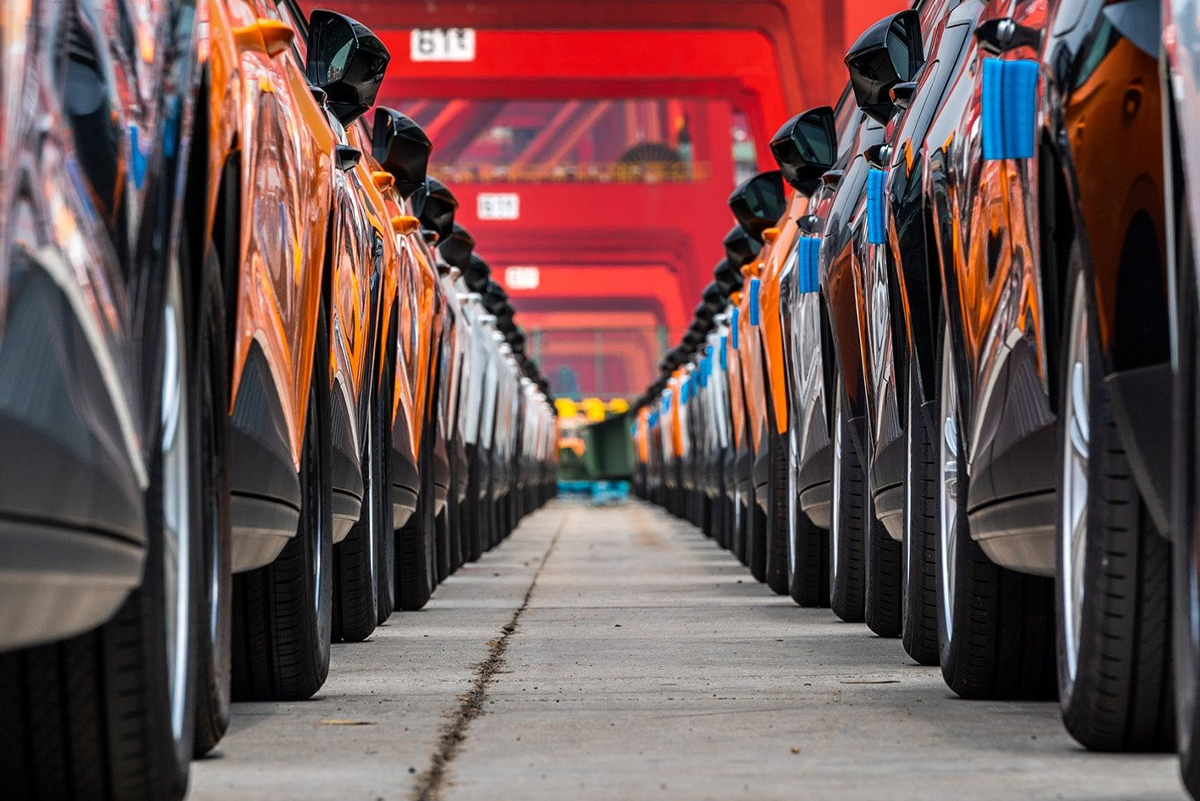EU to impose tariffs on Chinese EVs from July
According to the EU Commission, carmaker BYD is subject to a special duty of 17.4 per cent; for Geely, it is 20 per cent, and for SAIC, 38.1 per cent. The rates for these three carmakers are so specific because they were “sampled” in the EU Commission’s investigation of Chinese state aid. Meaning, the EU determined how much governmental aid the carmakers received, allowing them to offer their electric vehicles in Europe at a lower price.
For all other EV manufacturers in China that have cooperated with the EU’s anti-subsidy investigation “but have not been sampled,” tariffs of 21 per cent on average will apply. For manufacturers that did not cooperate, the duty will be 38.1 per cent. Tesla, which is not a Chinese carmaker but builds its Model 3 in Shanghai and exports it to Europe, “may receive an individually calculated duty rate at the definitive stage.” Also, Chinese carmakers that were not sampled but wish to be investigated to potentially lower import duties on their electric cars can apply for a review.
The planned imposition of tariffs from July would initially still be provisional. EU member states will be asked to vote on the tariffs before 2 November. Definitive duties are usually introduced for five years. The EU Commission also states that it “has reached out to Chinese authorities to discuss these findings and explore possible ways to resolve the issues identified in a WTO-compatible manner.” Should talks not lead to a solution, “these provisional countervailing duties would be introduced from 4 July by a guarantee.”
According to the Financial Times, the tariffs will bring in more than two billion euros per year. The article also states that the German government is against introducing higher tariffs, as Berlin does not want to risk an expensive trade war with Beijing. Germany has not prevailed with this stance.
Chinese carmakers already have to pay import duties, but only ten per cent. The other way around, i.e. if EVs built in Europe are imported into China, manufacturers have to pay 15 per cent. Beijing has already announced countermeasures that would not make the import of European electric cars more expensive, but combustion engines built in Europe – i.e., the high-margin models that drive profit, especially German manufacturers.
That is probably one of the reasons why the German government, with the support of Sweden and Hungary, has spoken out against the increased tariffs. France and Spain, on the other hand, are strong supporters, according to the FT. Sweden likely supported the German position because of Volvo. Volvo Cars is part of the Chinese Geely Group and thus uses Geely plants in the Far East for its global production. The electric Volvo EX30 is currently only being built in China, but will be rolling off the production line in Ghent, Belgium, next year.
The FT also quotes a forecast by the Kiel Institute for the World Economy, according to which an increase in import duties by 20 percentage points (i.e. from the current 10 per cent to 30 per cent) would reduce imports of Chinese electric cars by a quarter. The Kiel Institute assumed that 500,000 electric cars would be imported from China in 2023, which corresponds to about 125,000 fewer vehicles worth four billion euros. “The decline would largely be offset by an increase in production within the EU and a lower volume of EV exports, which would likely mean noticeably higher prices for end consumers,” researchers say.
The EU Commission states that Chinese EVs are, on average, 20 per cent cheaper than comparable vehicles produced in the EU. With these prices, Chinese manufacturers are expected to achieve a market share of 15 per cent in Europe next year. However, the Department of EU Trade Commissioner Valdis Dombrovskis assumes that Chinese manufacturers can only achieve these prices due to state subsidies. “Competition must be fair,” Dombrovskis said back in October 2023.





1 Comment